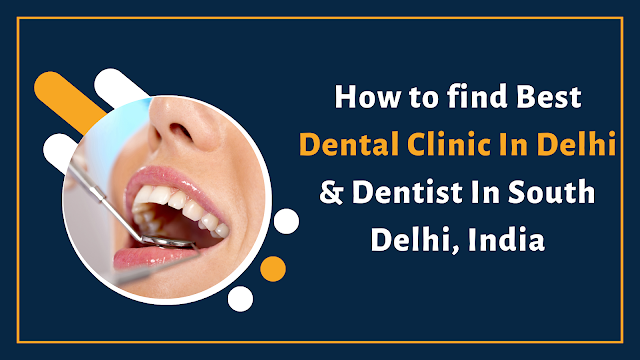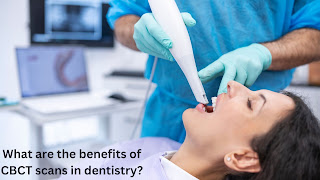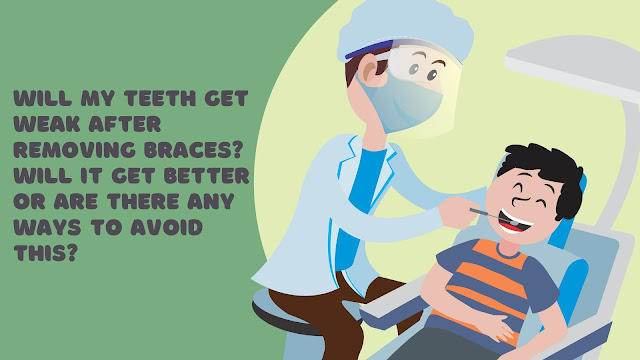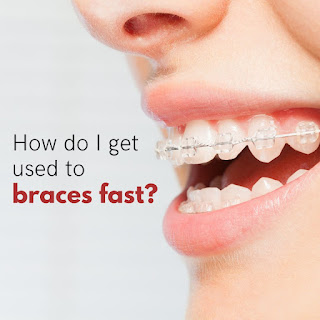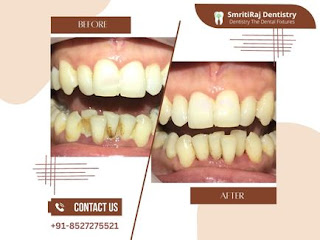What is the fastest recovery from wisdom teeth removal?
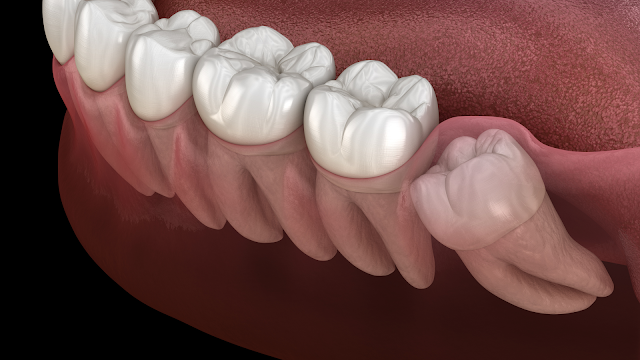
The speed of recovery from wisdom teeth removal can vary from person to person based on several factors, including the complexity of the extraction, the individual's overall health, and adherence to post-operative instructions. However, there are certain measures that can help facilitate a faster recovery. First and foremost, it is crucial to follow the dentist or oral surgeon's post-operative guidelines carefully. This typically includes taking prescribed pain medications, applying ice packs to reduce swelling, and maintaining a soft-food diet for a few days. Adhering to these instructions can promote faster healing and minimize discomfort. Maintaining good oral hygiene is also essential. Gently rinsing the mouth with warm saltwater solution multiple times a day can help keep the extraction site clean and prevent infection. It is important to avoid vigorous rinsing or using a straw, as these actions can dislodge the blood clot that forms in the socket, leading to a painful c
